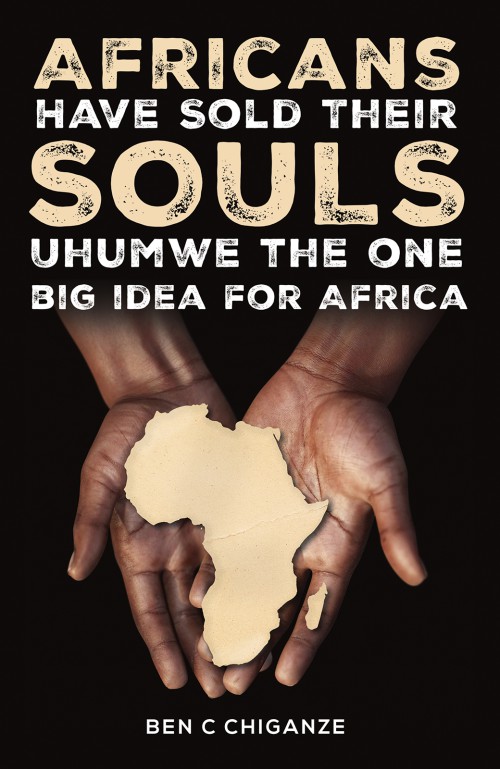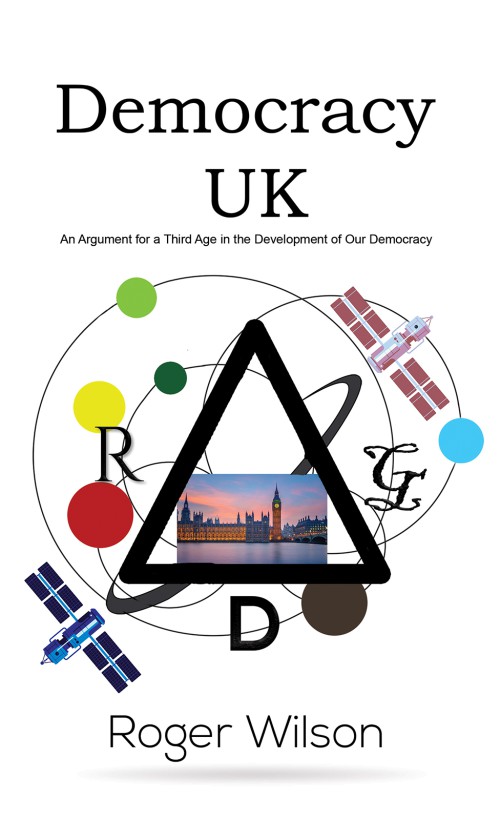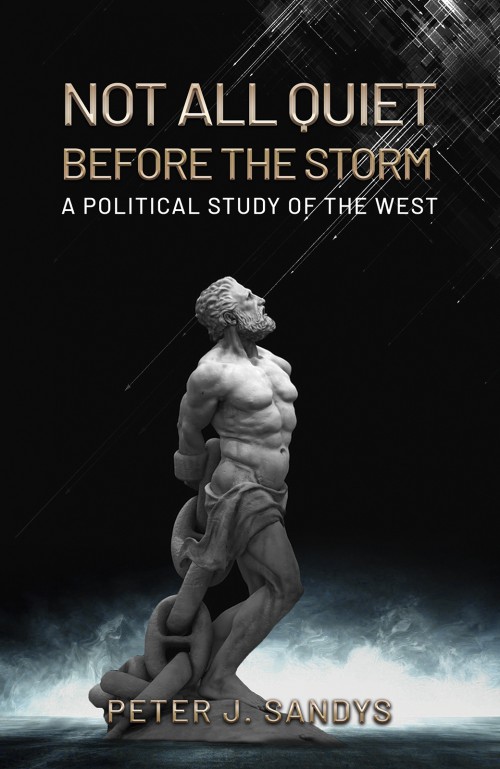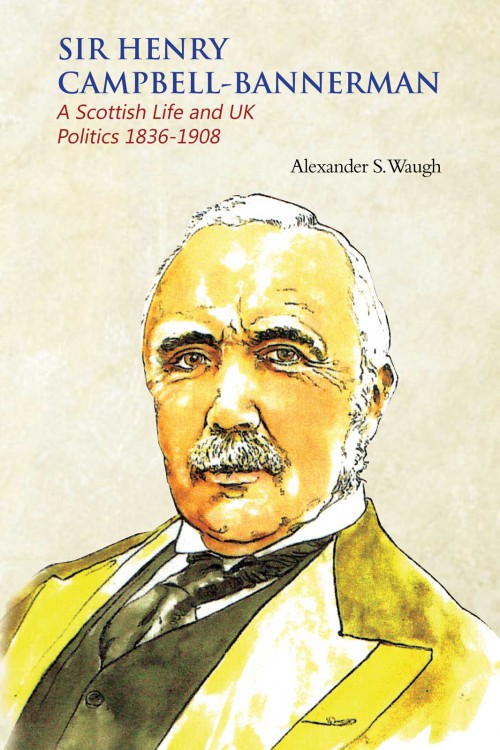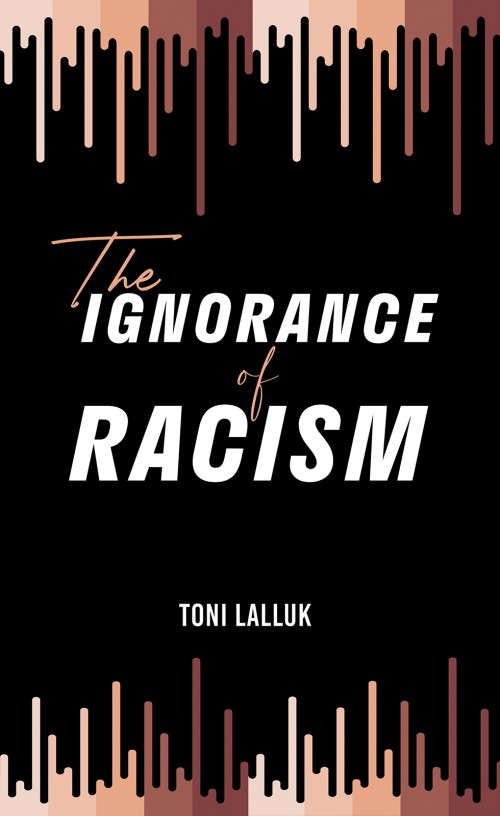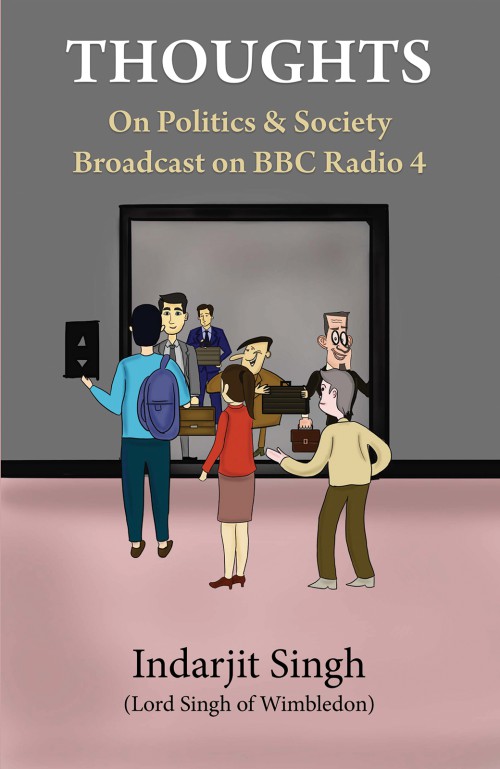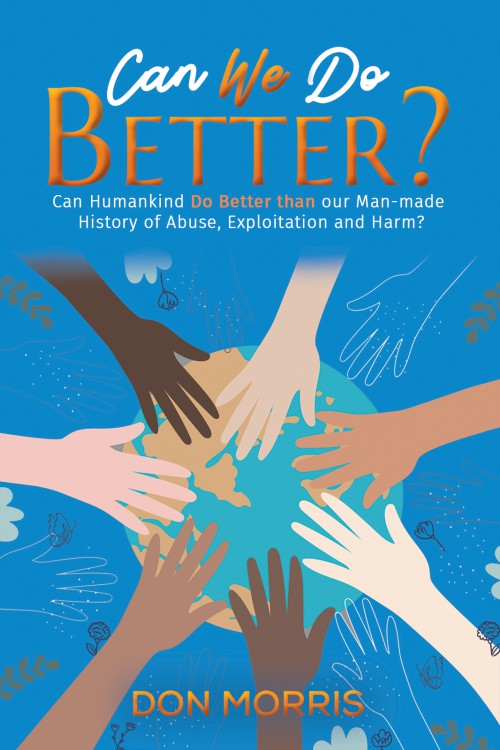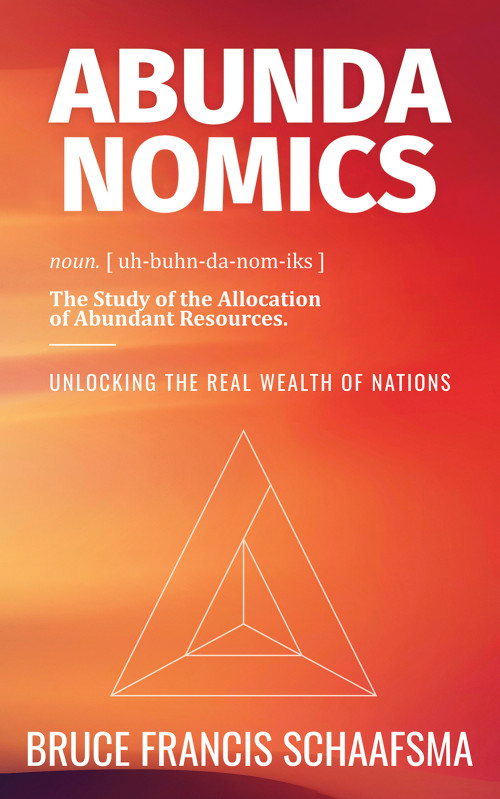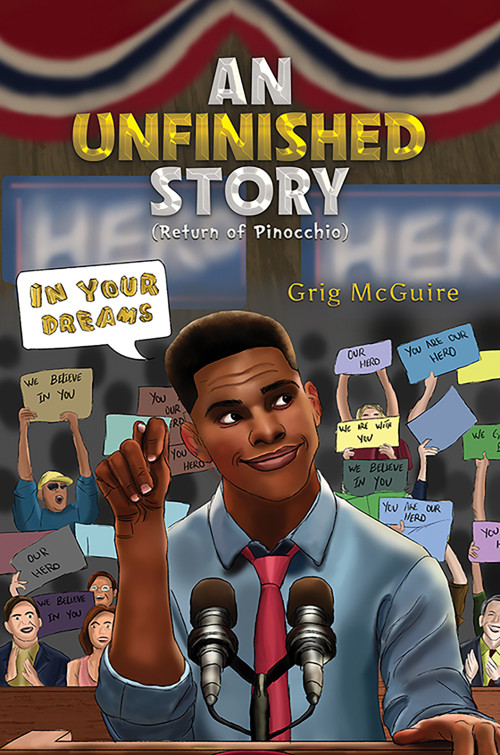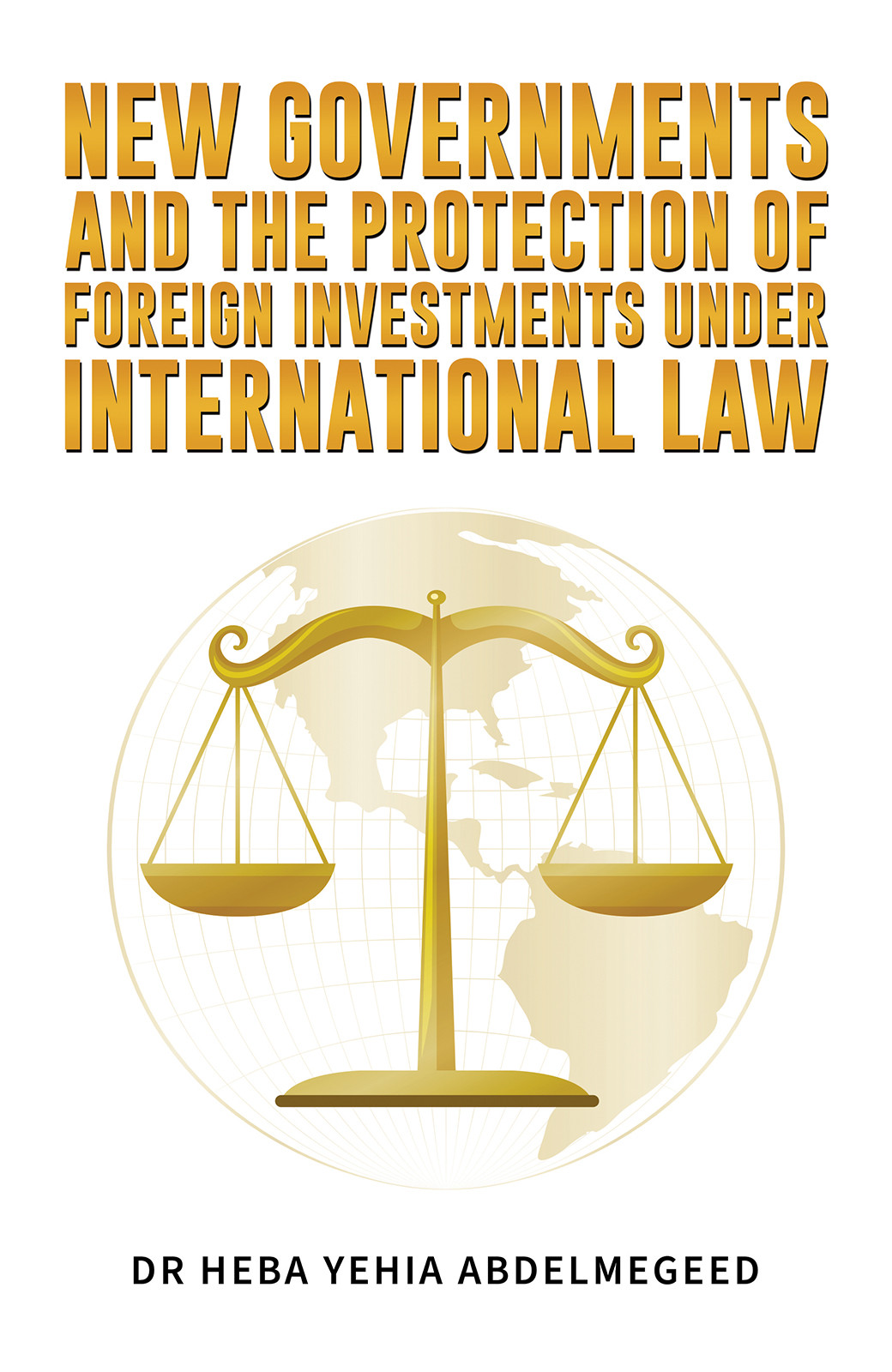Africans Have Sold Their Souls: Uhumwe the One Big Idea for Africa
For how long should Africa continue to be associated with hunger, poverty, desperation, corruption, and mediocrity? For how long will Africa’s natural endowments continue to be viewed as a curse instead of a blessing? When are our children going to put on new clothes instead of relying on second-hand clothes? When are we going to stop seeking handouts from other nations as if they owe us a living? Have we voluntarily agreed to be a laughing stock for the whole world? Have we and our unborn accepted to be labelled ‘third world’ forever?
It is time for African leaders to deliver their populace to the Promised Land through diligence and hard work. Africa needs to rise above the borders and boundaries, which were constructed by the Berlin Conference of 1884, and create a new society which is grounded in its rich cultural soils.
It is time we start showcasing to the world our rich cultural heritage. We need to innovate our products and services along with our cultural dexterity. The author proposes a set of solutions to these deep-seated and systemic problems. These solutions are rooted in the concept of Uhumwe, or ‘togetherness’, which he believes will provide both a strength of belief, and a concept which can help African business leaders, innovators, politicians, and others in realising the dream of prosperity for Africa.

